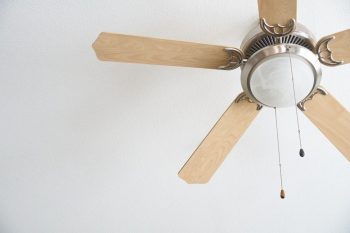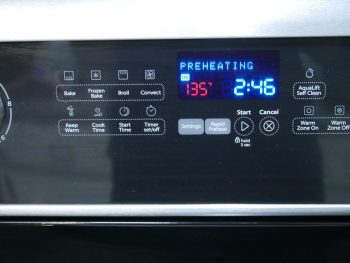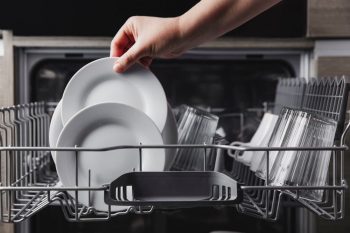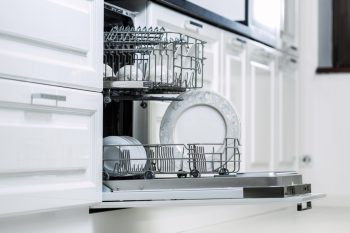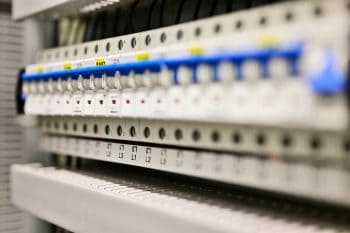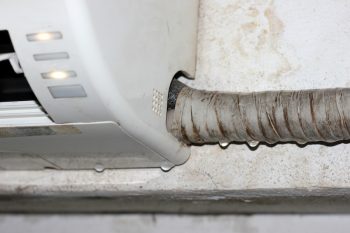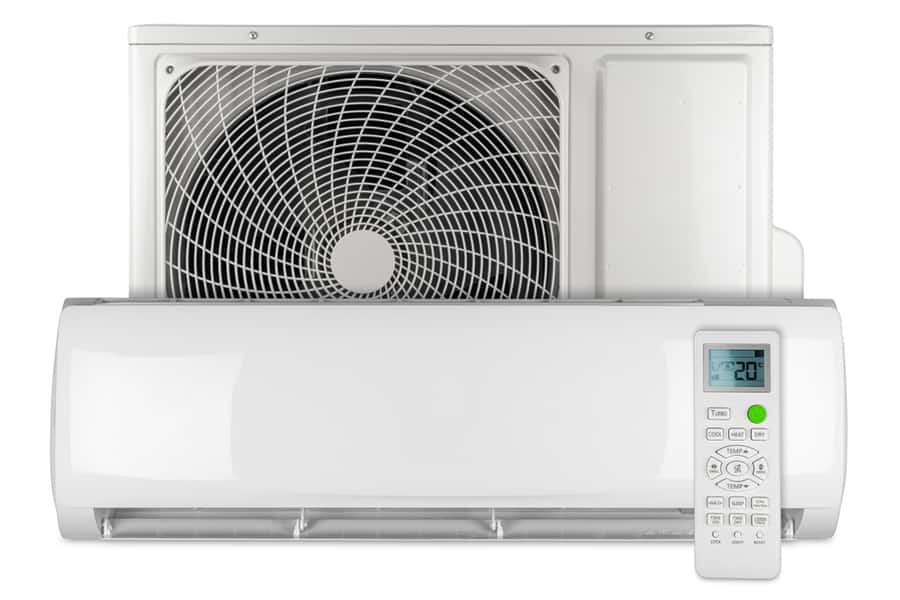
Since the dawn of the air conditioner, manufacturers have developed a variety of features that seek to match the specific preferences of their consumer base.
One of the most common concerns buyers have with air conditioners isn’t really how cold they can get but how much energy they use.
Running an air conditioner for several hours a day can cause a major increase in your electricity bills.
So if you’re buying an AC, you must consider its power consumption. And so, we arrive at the question, should you get a split AC or an inverter? What’s the difference? Find out here.
- Split ACs use a two-speed compressor that uses more energy.
- Inverter air conditioners calibrate the compressor’s speed to achieve cooling performance without using as much electricity.
- According to experts, inverter systems can use up to 30% less energy than standard ACs.
Split ACs and inverter ACs differ in the way that they use energy. Choosing the right one should help set your expectations about how much it would take to run your air conditioner daily.
What’s the Difference Between a Split and Inverter AC?
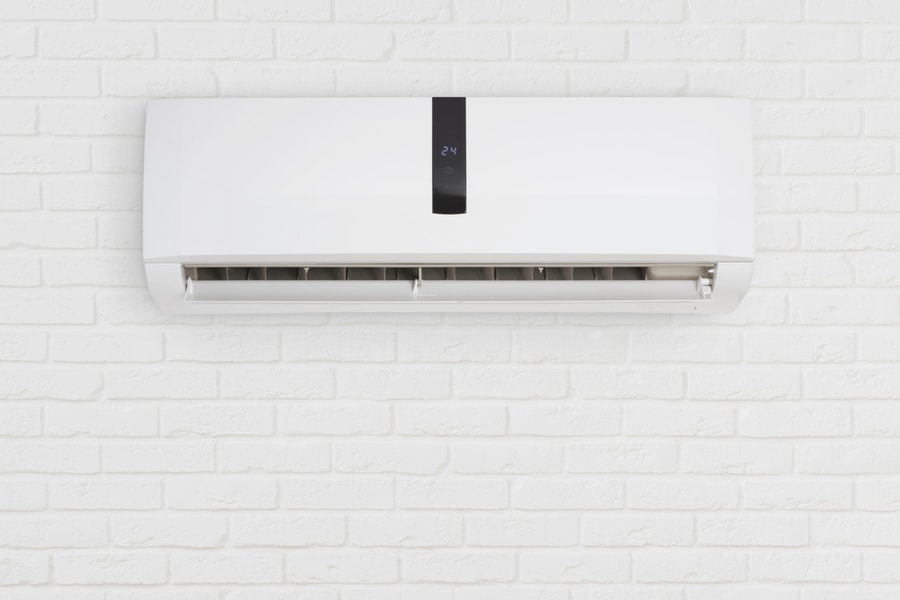
Both split-type air conditioners and inverter air conditioners achieve the same thing they regulate indoor climate to make your home comfy and cool. But the way they achieve this varies, thus affecting the amount of energy they use.
Split air conditioners only have two compressor speeds. Those are full speed and off.
When you turn your air conditioner off, it pushes full speed to reach the temperature on the thermostat. When it does, it shuts off the compressor.
But if it detects that the temperature has gotten warmer in your space, it turns the compressor back on to full speed to reach the desired cool.
With an inverter system, the air conditioner can calibrate the compressor’s rate. This lets it fine-tune its performance, so it doesn’t always run at full power.
It can also use less energy to achieve the temperature you set through the thermostat. This also guarantees more consistent cooling performance versus a split air conditioner.
What’s more, because an inverter system carefully regulates the rate at that your air conditioner works, it may help extend the lifespan of your compressor by reducing stress on its components.
Is Inverter Better Than Split?
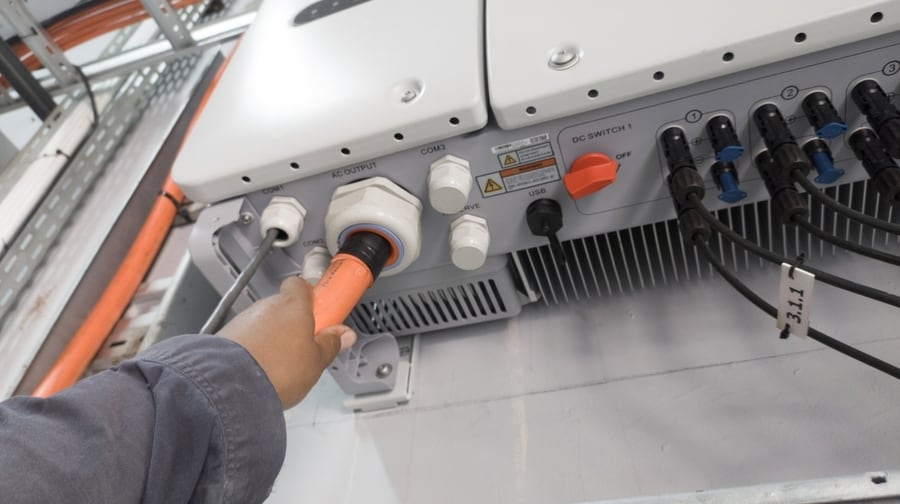
In a lot of ways, yes, inverter systems are better than standard split ACs. According to experts, these energy-savvy units can use up to 30% less energy.
This advantage becomes much more appreciated when you see how the performance can affect your monthly electricity bills.
On the other hand, the acquisition cost for ACs using inverter technology might be slightly higher. But in the end, the amount you pay upfront is easily offset by the amount you save as you use your air conditioner.
Takeaway
If you’re buying an air conditioner, you may want to consider how well it saves energy. While inverter systems might cost slightly more upfront, they can save you a significant amount in electricity costs down the line.
And because they also closely regulate the compressor’s rate, these units may have a longer lifespan than other air conditioner systems.
Frequently Asked Questions
Are There Downsides to Inverter Air Conditioners?
The biggest downside of inverter air conditioners is that they cost more to repair. So if your unit suffers damage and malfunction, you may have to spend more to fix it.
How Long Does an Inverter Air Conditioner Last?
While most split ACs last about ten years, some inverter ACs can sustain problem-free performance for up to 15 years.
Of course, the length of time it works still depends on how well you maintain it. So routine upkeep is an important part of extending its usable lifespan.


